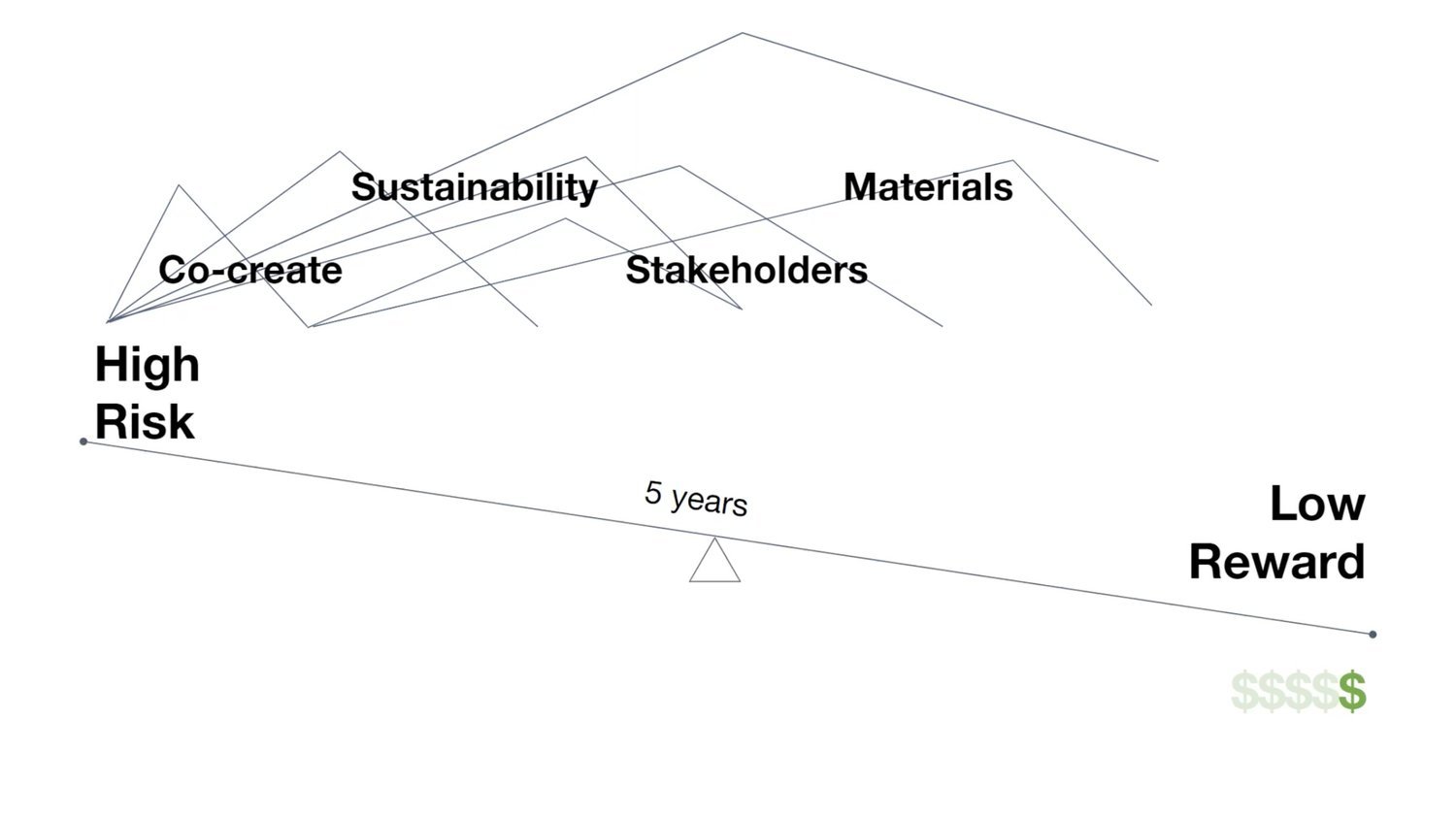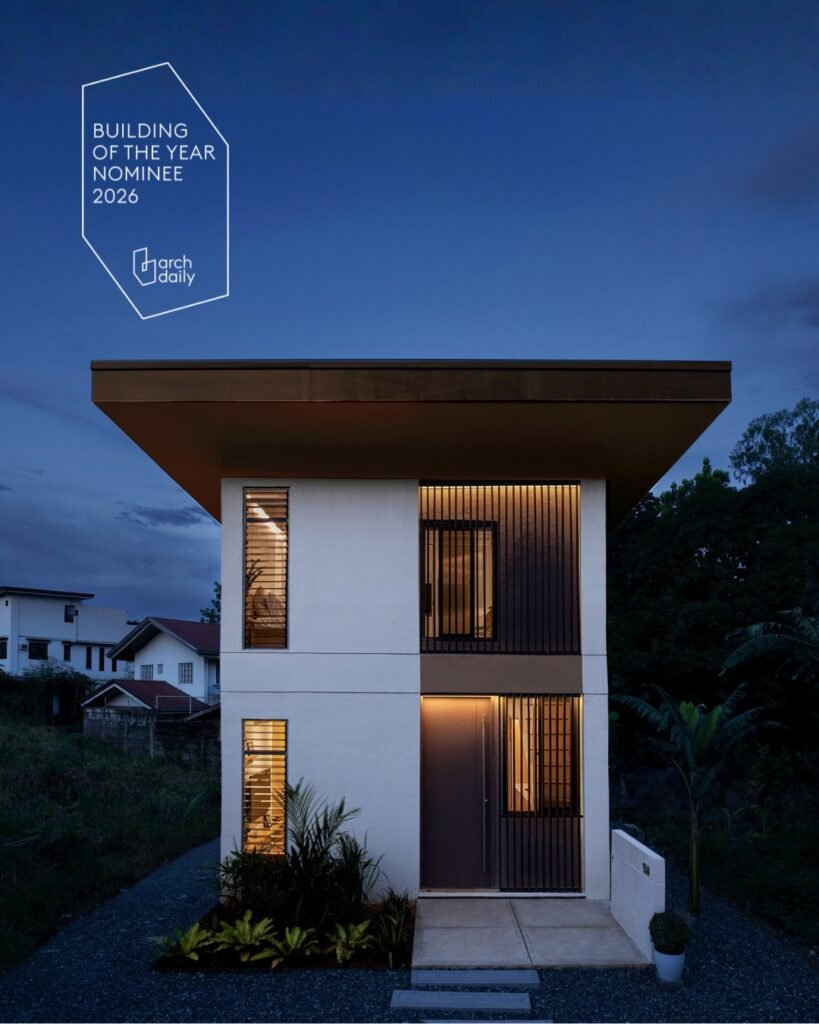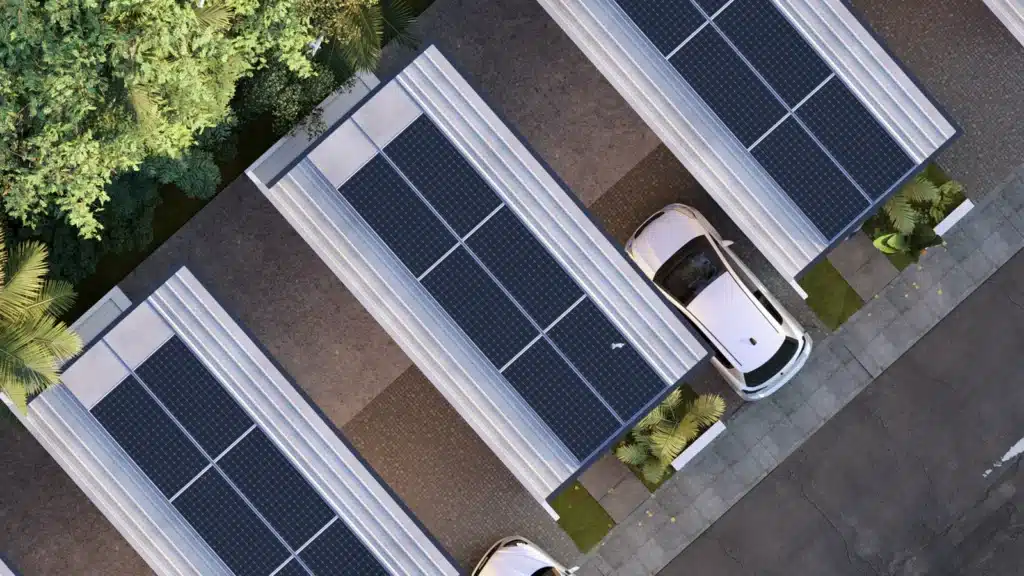Prasoon Kumar shares about affordable housing and its impact at scale in a guest lecture for Erasmus University Rotterdam, Institute for Housing and Urban Development Studies.
More than 2 billion people across the world are in need of adequate housing. This number is expected to increase to 3 billion in the coming decades. With climate change and buildings that account for 40% of global greenhouse gas emissions, there is an added complexity to the housing problem.
The housing solution seems like a linear process: Land > Design > Financing > Permitting > Construction > Sales > Move In.
However, we begin to realise the added complexities of all the stakeholders and the need for different expertise for implementation. These actions require heavy coordination and involvement of many people to create a building within a drawn-out period of three to five years. The high reward and value of this high-risk proposition is the incentive that aligns all the stakeholders. When it comes to affordable housing, the complexity and risks stay, but the reward shrinks. That’s where we see a tip in the balance.
The work to reward ratio of affordable housing is unstable and unattractive to property developers as it is not as incentivised as commercial projects. You rarely see successful affordable home projects scale or replicate. They receive awards and media attention but fall short of solving the housing crisis.
So what does it take for us to build affordable homes at scale?
BillionBricks is innovating across the value chain of affordable housing through a business model that combines affordable housing with renewable energy (solar) that synergizes resources and generates benefits for people and the planet, whilst generating market returns.
Building affordable houses is a challenging endeavour, an urgent real-world problem to address, and BillionBricks has the ambition to build 100,000 homes annually in the long term.






